Chips with everything: are fries good for you?
Turns out hot chips can be healthy: the humble potato has been shown to have myriad dietary benefits — no matter how you cook it.
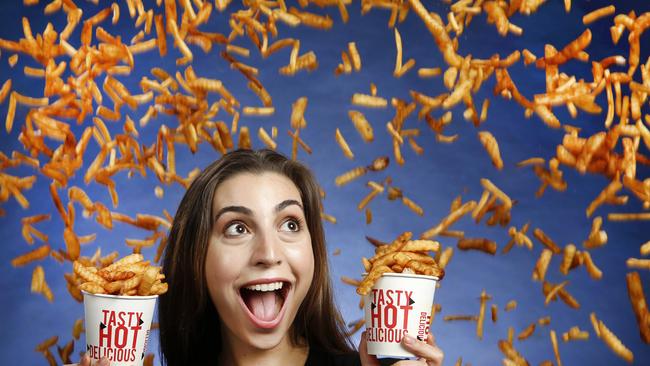
If potato milk, the new non-dairy trend from Sweden, makes you roll your eyes heavenwards, you may be relieved to hear that the benefits of spuds don’t begin and end with drinking them in liquid form (for the uninitiated, potato milk’s ingredients include emulsified potatoes, rapeseed oil, fructose and sucrose). For two new studies have proved that potatoes consumed in any form — even chips — can provide us with nutrients that will help to offset health problems.
“Potatoes have definitely been overlooked and have not been given the attention that coloured vegetables have received,” says Connie Weaver, professor emerita in Purdue University’s department of nutrition.
This humble vegetable is an important source of micronutrients, such as vitamin C, vitamin B6, folate and iron, and contributes a significant amount of fibre to the diet. Potatoes also contain potassium, a nutrient that plays a key role in controlling how much fluid is stored in the body.
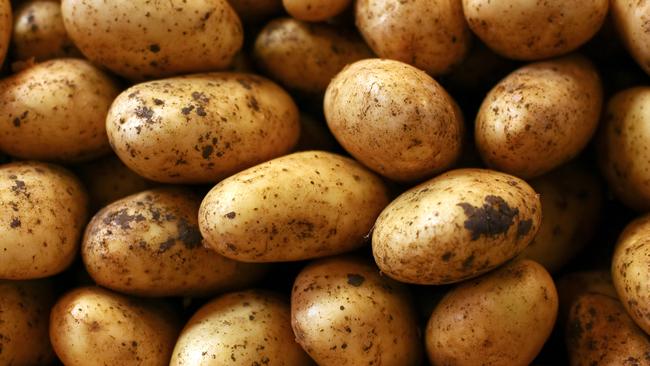
Potassium works with and against sodium, the mineral that holds on to water, causing fluid levels in the blood to rise, and healthy blood pressure control depends on a delicate balance between the two. When too much salt is consumed in the diet, sodium levels in the blood rise and the increased fluid puts pressure on blood vessel walls. Hypertension can be the long-term consequence. “A lot of emphasis is placed on reducing dietary sodium intakes for better control of blood pressure and cardiovascular disease risk. That’s only half of the story,” Weaver says. “Potassium plays just as important a role.”
Eating more of any foods that are naturally high in potassium — including tomatoes, oranges, bananas, beetroot, milk and apricots — is beneficial. The NHS says we need to get 3500mg potassium a day and 24.3 per cent of women and 10 per cent of men don’t consume enough. Potatoes represent about 15 per cent of our total potassium intake (one medium-sized baked potato weighing 200g provides almost a third of our daily needs).
For what Weaver says was one of the first clinical trials to look at the effect of increased dietary potassium on blood pressure, results showed that potatoes reigned supreme, with baked and boiled spuds having the greatest benefit on reducing sodium retention and producing the biggest drop in systolic blood pressure (the force at which your heart pumps blood around your body) compared with the control diet. Even a 330-calorie serving of oven chips had no adverse effect on blood pressure or blood vessel function.
French fry surprise
“I didn’t know what to expect for results on oven French fries,” Weaver says. “But I thought the high potassium levels may counterbalance, at least partially, the negative effects of salt on blood pressure. It is feasible to eat oven French fries daily, although better to get a variety of vegetables and potatoes served in different ways for all the nutrients they provide.”
It’s not just adults who might benefit from eating more spuds. In the second of the newly published studies, researchers reporting in the journal Nutrients used data from more than 16,000 9 to 18-year-olds to find out if potato consumption had much bearing on the vitamins and minerals obtained in their daily diet. Compared with youngsters who ate no potato, consuming them in any form including fried was associated with higher intakes of essential nutrients.
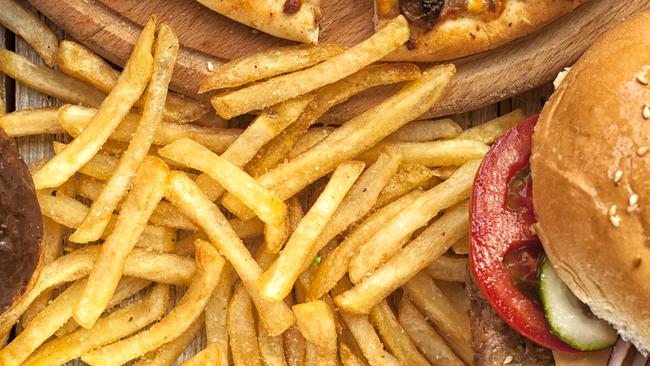
Potatoes have been associated with a temporary spike in blood sugar when consumed, but Weaver says the research is varied and “you cannot generalise about their effect”.
Adding some protein or fat to potatoes — a little milk, cheese or oil, for example — will lower their glycaemic load, and potato researchers at the University of Surrey reported how serving cooked potatoes cool or cold in a salad changes the structure of the starch so that a blood-sugar spike is less severe.
If you are going to eat a white, starchy carb, potatoes are the best choice, Weaver says.
The Times


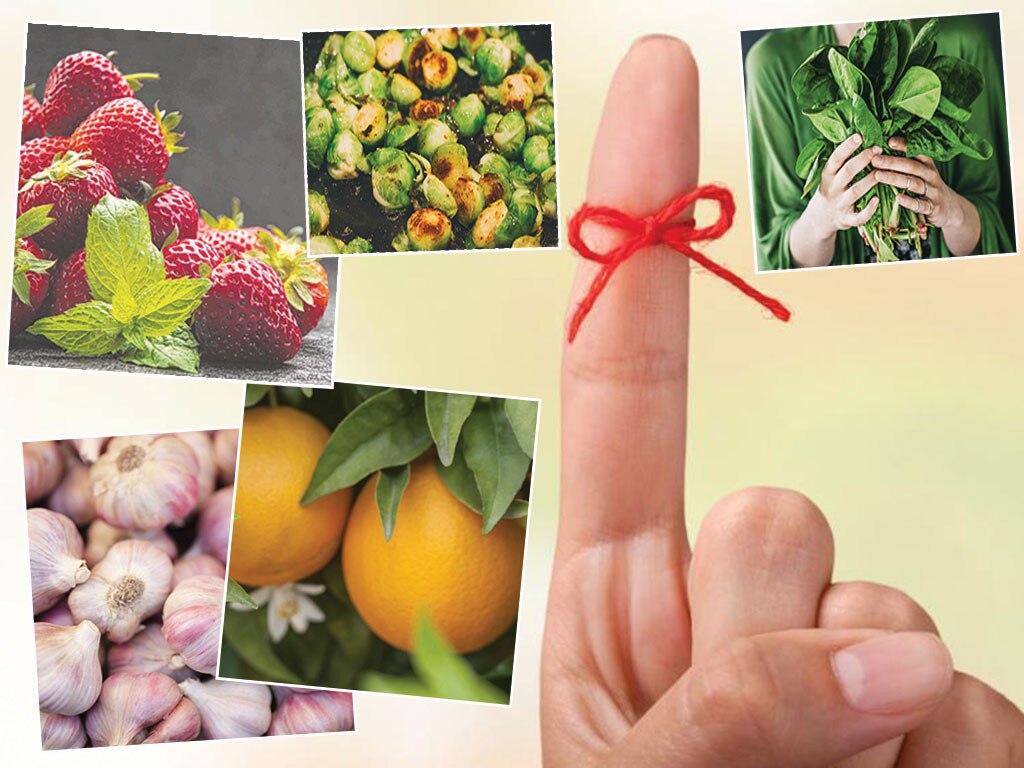
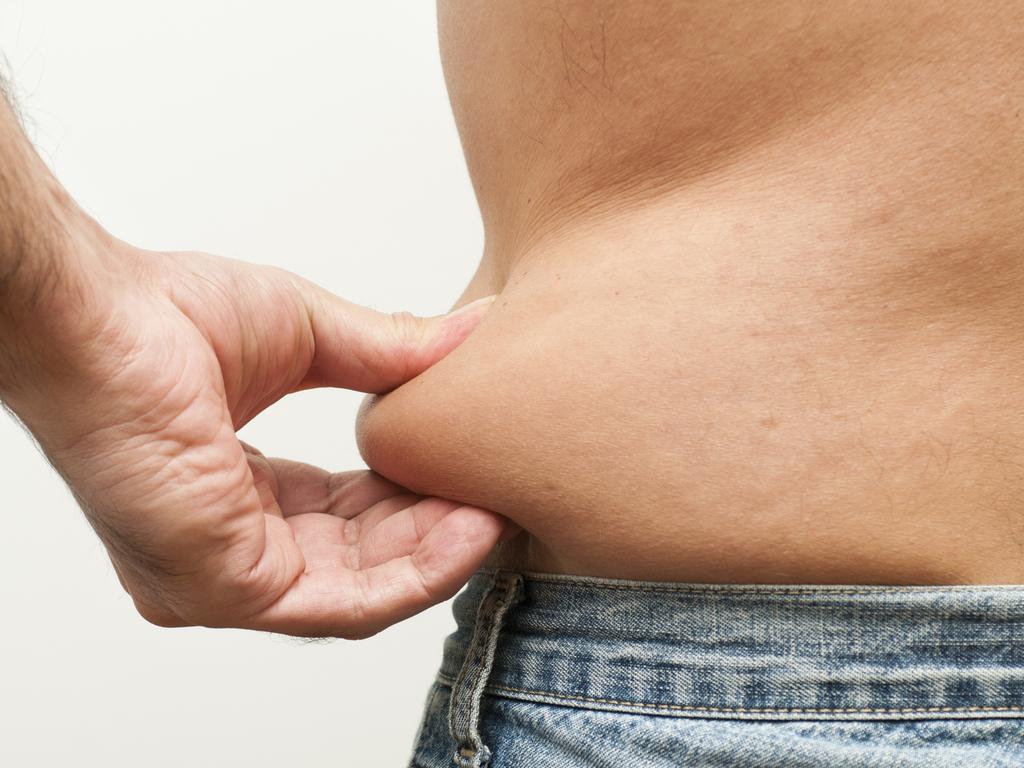



To join the conversation, please log in. Don't have an account? Register
Join the conversation, you are commenting as Logout